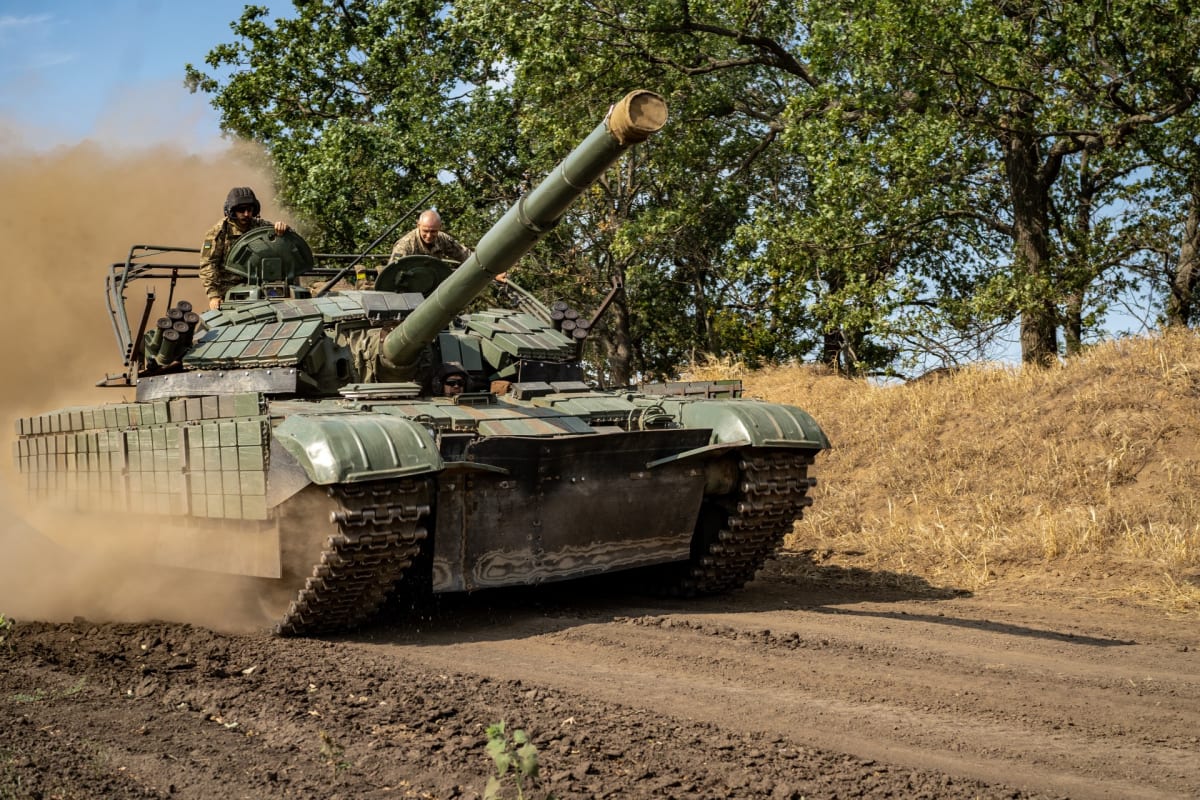Zelenskyy Warns: Putin Plans New Offensive, Dismisses Ceasefire Talk

Kyiv, Ukraine – Ukrainian President Volodymyr Zelenskyy has issued a stark warning, stating that Russian President Vladimir Putin is actively preparing for a new offensive in Ukraine, dismissing recent claims of seeking a ceasefire as mere tactics The statement comes amid escalating tensions and renewed fighting in eastern Ukraine, particularly around the city of Bakhmut, which has been the epicenter of intense battles for months According to Zelenskyy, intelligence reports suggest that Russia is mobilizing additional troops and resources for a large-scale offensive potentially targeting multiple regions.
We see that preparations are underway for new offensives, and this is not a ceasefire that Putin is interested in," Zelenskyy stated in a televised address. His aim is to continue the war, to occupy our territory, and to destroy our nation.
These claims are in line with reports from Ukrainian military officials, who have observed increased Russian activity along the front lines, including the deployment of new artillery systems and armored vehicles
Background
The Kremlin has consistently denied claims of preparing for a new offensive, instead accusing Ukraine and its Western allies of escalating the conflict However, independent analysts and military experts corroborate Zelenskyy's assessment, pointing to Russia's ongoing efforts to replenish its depleted forces and acquire additional weaponry The evidence suggests that Russia is gearing up for a protracted conflict," says Dr Hanna Shelest, a security expert at the Ukrainian Prism think tank The mobilization efforts, the procurement of drones from Iran, and the recruitment of mercenaries all indicate a strategy of attrition and a determination to achieve its objectives in Ukraine " The implications of a new Russian offensive are far-reaching A renewed assault could lead to further territorial gains for Russia, potentially jeopardizing Ukraine's territorial integrity and sovereignty
It would also exacerbate the humanitarian crisis, leading to more casualties and displacement Furthermore, the escalation could draw NATO countries more directly into the conflict, increasing the risk of a wider European war : The conflict in Ukraine began in 2014, following Russia's annexation of Crimea and its support for separatists in eastern Ukraine The situation escalated dramatically in February 2022, when Russia launched a full-scale invasion of the country Since then, tens of thousands of people have been killed, and millions have been displaced Despite facing setbacks and fierce resistance from Ukrainian forces, Russia continues to control significant portions of eastern and southern Ukraine The potential objectives of a new Russian offensive are not entirely clear Some analysts believe that Russia aims to consolidate its control over the Donbas region, while others suggest that it may seek to capture additional territory along the Black Sea coast, potentially cutting Ukraine off from access to the sea Another possibility is that Russia could attempt to seize control of Kyiv, the Ukrainian capital, in an effort to overthrow the Zelenskyy government Western allies have condemned Russia's aggression and provided Ukraine with significant military and financial assistance However, they have also been hesitant to take actions that could directly provoke a war with Russia The challenge for Western leaders is to provide Ukraine with the support it needs to defend itself without escalating the conflict into a wider war Looking ahead, the situation in Ukraine remains highly uncertain Much will depend on the outcome of the anticipated Russian offensive If Ukraine is able to successfully repel the assault, it could create an opportunity for a negotiated settlement
However, if Russia is able to achieve significant territorial gains, it could prolong the conflict and further destabilize the region The world watches with bated breath, as the next chapter in this devastating conflict unfolds
